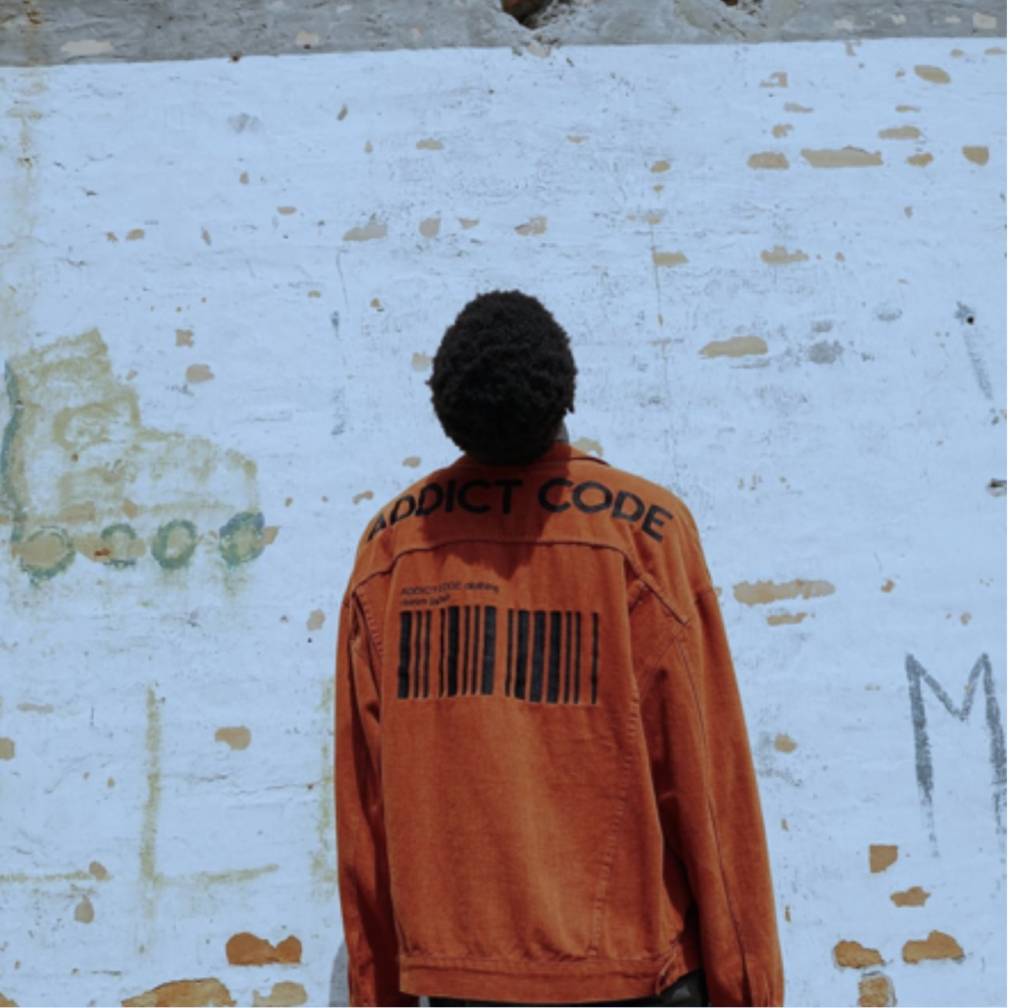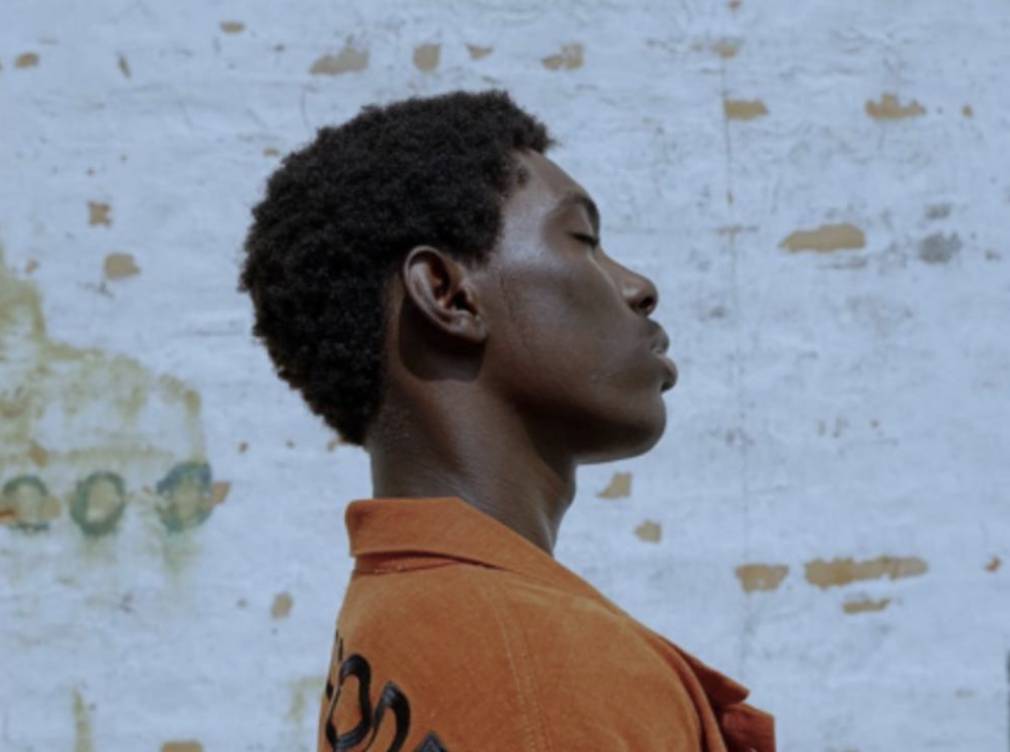The young and talented Asapolis, based in Nigeria, grew up in an environment where music had a predominant place in his everyday life. Strongly influenced by the Congolese rumba, Asapolis answered a few questions for PAM about the artistic journey and creative process of his new track “Hot Sauce”.
Asapolis, real name Bikoumou-Omberoba Asa, was born on November 29, 1999 in the city of Pointe-Noire in Congo. Son of music lover Jehu Bikoumou, a musician from the 80s and 90s, the young Asa quickly developed a varied musical culture. In 2013 he moved to Nigeria and became interested in music during his highschool years. Passionate about melody and rhythm, he launched a career as a beat maker and discovered a talent for rap. He then took the name Asapolis, an interjection between his first name Asa and polis, a reference to Metropolis, a rap group from the 80s of which his father was the leader.
After his success on “Bad Trip” and “Gone” in 2018, the Congolese rapper, who is based in Nigeria, released the music video for “Hot Sauce” , a take from his next album which will be released in August.
What can you say about your musical and cultural background?
My musical and cultural background is translated into a strong heterogeneity. From Congo to Nigeria, I grew up in an environment where music had a preponderant place in everyday life, we listened to everything at home, it was very varied and cosmopolitan, it is this musical and cultural richness that will follow me all along my journey. I started to enter the world of music in Nigeria, strongly inspired by culture, it was there that I started to make my first Prods. Back in Congo, rich in my Nigerian experience, I released my first song called “Come Back To Me” it is a sound with Afropop sounds, followed by two singles “Bad Trip” and “Gone” which this time wants to be more Rap, Trap, Emo and Cloud. The last sound in the list is “Hot Sauce” which is a song taken from my first Ep “Inertia Tapes”.
Has the domination of rumba in your native country particularly influenced you?
I was rocked to the Congolese rumba, it strongly influenced my music, like other afro styles it wants to be harmonious and rhythmic and that’s what the music I like to do, for example in some songs from ep we can hear small rumba sounds, it’s in me all that, it is not yet seen much in my music but I hope to be able to show more with my projects.
What can you tell us about this cultural transition between the Congo and Nigeria? What influenced you there ?
My music is strongly inspired by the cultures I have encountered. The Congo and Nigeria are rooted in the same African identity so that I felt like I was in the Congo when I was in Lagos, Nigeria.
Musically speaking, Lagos is for Nigeria what Kingston is for Jamaica, what New Orleans is for the United States, Lagos lives, breathes, eats works in music, everything is done in music in Lagos, music paces everyday life everyone so that all musical styles are intertwined.
In the streets, you can listen to Fela Kuti, Drake, Papa Wemba, Stevie wonder, Manu Dibongo, or Michael Jackson. In addition the music is made with such beauty, Afrobeat is explored with such difference, such aesthetics that I was amazed, everything is always in search of harmony it is fabulous. I think it is this perpetual search for beauty and this musical diversity that influenced me in Nigeria.
In reference to your new EP releasing in august and the release of your new music video “Hot Sauce”, could you tell us more about the creation process ?
I have a fairly common creation process, I depict what I live. In my work, it is my human experience that is exhorted, it can be something dark like depression, something gloomy like a breakup or the loss of a loved one but it can also be something brighter, more joyful, something that celebrates life.
What message do you want to spread with this song ?
In the Congo there is no music industry per se, young people make music without making it. With this sound I wanted to show that we could reinvent the world with will and determination mixed with will and determination I called it “Hot Sauce”.





